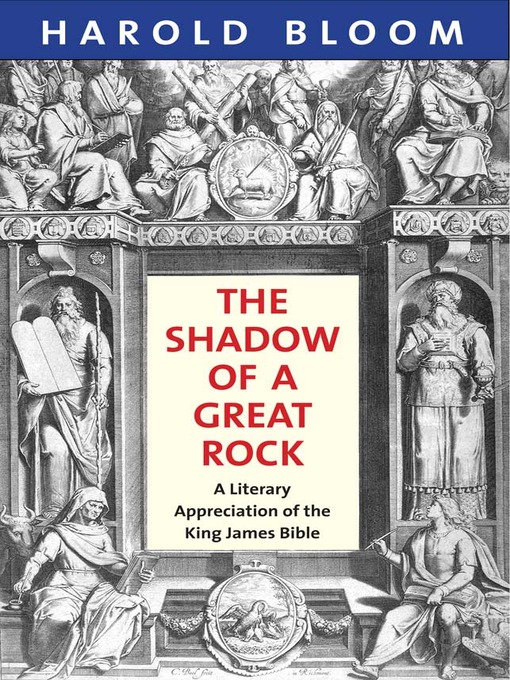The King James Bible stands at "the sublime summit of literature in English," sharing the honor only with Shakespeare, Harold Bloom contends in the opening pages of this illuminating literary tour. Distilling the insights acquired from a significant portion of his career as a brilliant critic and teacher, he offers readers at last the book he has been writing "all my long life," a magisterial and intimately perceptive reading of the King James Bible as a literary masterpiece.
Bloom calls it an "inexplicable wonder" that a rather undistinguished group of writers could bring forth such a magnificent work of literature, and he credits William Tyndale as their fountainhead. Reading the King James Bible alongside Tyndale's Bible, the Geneva Bible, and the original Hebrew and Greek texts, Bloom highlights how the translators and editors improved upon—or, in some cases, diminished—the earlier versions. He invites readers to hear the baroque inventiveness in such sublime books as the Song of Songs, Ecclesiastes, and Job, and alerts us to the echoes of the King James Bible in works from the Romantic period to the present day. Throughout, Bloom makes an impassioned and convincing case for reading the King James Bible as literature, free from dogma and with an appreciation of its enduring aesthetic value.


